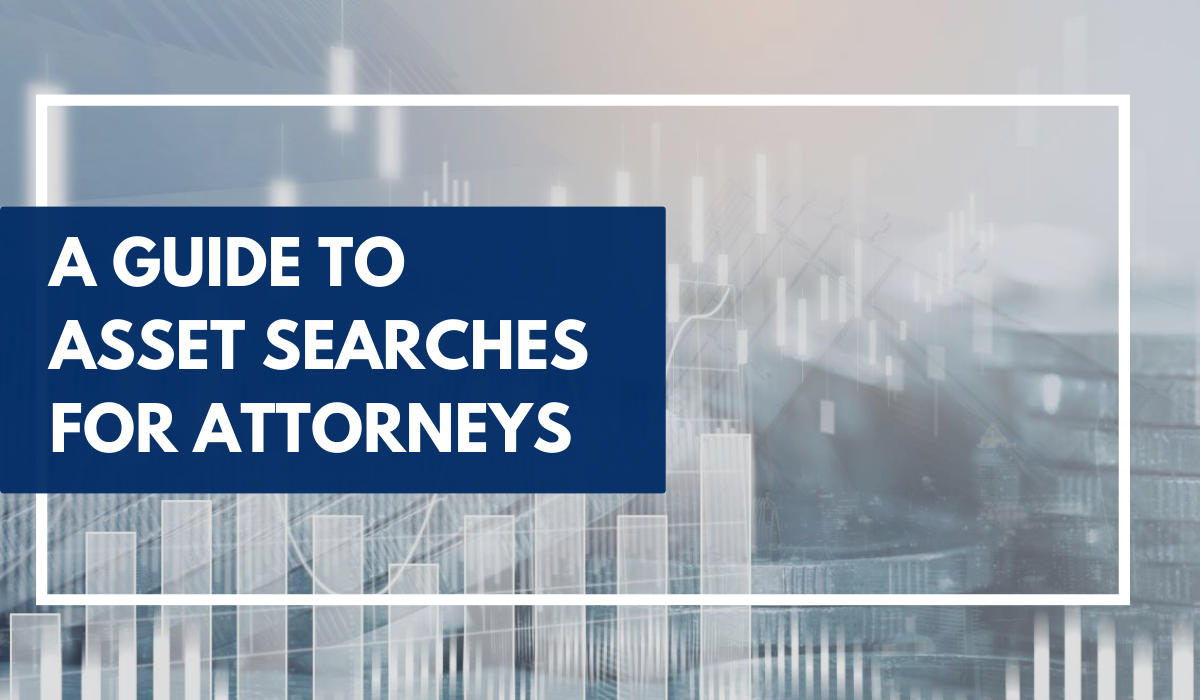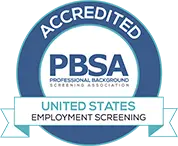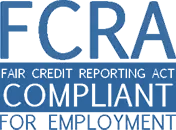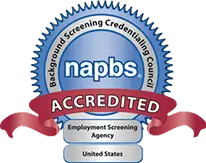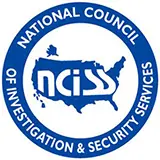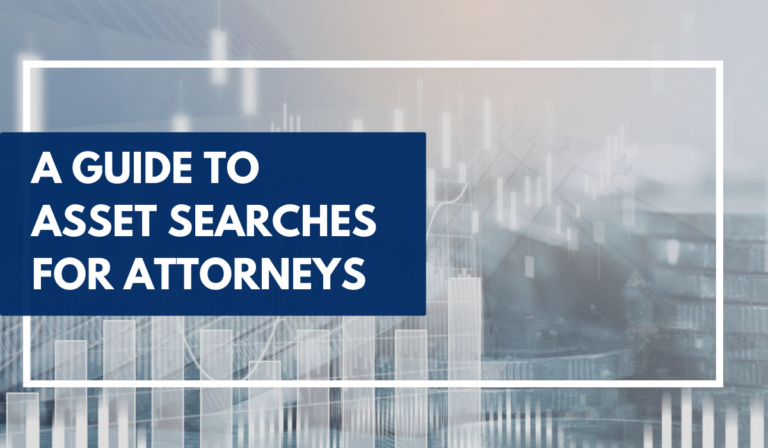In the legal landscape, asset searches have become a critical tool for attorneys navigating complex cases. Whether dealing with divorces, civil litigation, or enforcing judgments, understanding the financial landscape of involved parties is essential for effective legal representation. This article explores the significance of asset searches for attorneys, the various scenarios where they are beneficial, and the methodologies and considerations involved in conducting thorough and lawful investigations.
The Role of Asset Searches in Legal Practice
Definition and Purpose
Asset Searches Defined: Asset searches involve the comprehensive examination of an individual’s or entity’s financial holdings to determine their financial worth and identify assets that may be subject to legal proceedings.
Purpose in Legal Practice: Asset searches are integral to various legal scenarios, including divorce cases, business disputes, debt collection, and judgments enforcement, enabling attorneys to make informed decisions and devise effective legal strategies.
Types of Asset Searches
Personal Asset Searches: Focus on an individual’s personal holdings, including real estate, bank accounts, investments, vehicles, and other tangible and intangible assets.
Business Asset Searches: Extend to the examination of corporate entities, including business assets, intellectual property, partnerships, and financial records.

Scenarios Benefiting from Asset Searches
Divorce and Family Law Cases
Identifying Hidden Assets: In divorce cases, asset searches help uncover hidden assets, preventing one party from concealing wealth and ensuring an equitable division of marital property.
Alimony and Child Support Determination: Asset searches assist in determining the financial capacity of a spouse, influencing alimony and child support decisions based on an accurate assessment of available resources.
Civil Litigation
Fraudulent Conveyance: Asset searches play a crucial role in identifying fraudulent conveyance, ensuring that assets are not unjustly transferred to evade legal obligations.
Judgment Enforcement: Attorneys can use asset searches to locate and seize assets for the satisfaction of judgments, improving the chances of successful enforcement.
Business Disputes
Partnership Disputes: Asset searches are essential in partnership disputes, providing insight into the financial health of the business and aiding in the resolution of financial disagreements.
Breach of Contract: In cases of breach of contract, asset searches help assess the financial capability of the parties involved and contribute to determining appropriate remedies.
Methodologies for Conducting Asset Searches
Public Records
Real Estate Records: Examine county real estate records to identify properties owned by the individual or entity, including primary residences, vacation homes, and investment properties.
UCC Filings: Search Uniform Commercial Code (UCC) filings to identify secured transactions related to personal property, revealing potential business assets and liabilities.
Financial Records
Bank Account Searches: Investigate bank account information through legal channels to identify active accounts, account balances, and transaction histories.
Tax Records: Obtain tax records to analyze income, assets, and deductions, providing a comprehensive view of an individual’s financial situation.
Business Filings
Corporate Records: Review corporate filings, such as articles of incorporation and annual reports, to understand the structure, ownership, and financial status of businesses.
Intellectual Property: Examine intellectual property databases to identify patents, trademarks, and copyrights associated with an individual or business, revealing valuable assets.
Liens and Judgments
Liens and Encumbrances: Investigate public records for information on liens and encumbrances, revealing potential claims on real estate or other assets.
Civil Litigation Records: Scrutinize civil litigation records to identify judgments and legal claims against the individual or business, providing insights into financial obligations.

Legal and Ethical Considerations
Adherence to Privacy Laws
Gramm-Leach-Bliley Act: Comply with privacy laws, such as the Gramm-Leach-Bliley Act, which regulates the disclosure of nonpublic personal information by financial institutions.
Fair Credit Reporting Act (FCRA): If using a third-party service for credit-related information, adhere to the Fair Credit Reporting Act, ensuring accuracy, fairness, and privacy protection.
Consent and Authorization
Informed Consent: Obtain informed consent from clients before initiating asset searches, ensuring transparency about the purpose, scope, and potential outcomes of the investigation.
Authorization for Release of Information: Obtain authorization from clients to access financial records and other confidential information, adhering to legal and ethical standards.

Challenges and Considerations in Asset Searches
Concealed Assets
Sophisticated Asset Concealment: Individuals with the intention to conceal assets may employ sophisticated strategies, making the identification of hidden assets challenging.
Offshore Accounts: Offshore accounts and international holdings present additional challenges, requiring specialized expertise to trace and disclose.
Legal and Ethical Boundaries
Scope of Investigations: Attorneys must ensure that asset searches adhere to the permissible scope defined by law, avoiding overreach and potential legal consequences.
Unauthorized Access: Unauthorized access to certain financial records, such as medical records or Social Security numbers, is strictly prohibited and may result in legal ramifications.
Working with Professional Investigators
Hiring Licensed Investigators
Expertise in Asset Searches: Engage licensed private investigators with expertise in asset searches, ensuring a thorough and legally compliant investigation.
Legal Compliance: Verify that investigators adhere to legal and ethical standards, obtaining information through lawful means and respecting privacy regulations.
Collaboration with Forensic Accountants
Financial Expertise: Collaborate with forensic accountants who possess the financial expertise necessary to analyze complex financial structures and uncover concealed assets.
Legal and Financial Synergy: A synergy between legal and financial professionals enhances the effectiveness of asset searches, providing a multidisciplinary approach to complex cases.

Post-Search Strategies and Utilizing Findings
Case Strategy Adjustments
Informed Negotiations: Armed with asset search findings, attorneys can engage in informed negotiations, leveraging financial insights to achieve favorable settlements.
Strategic Planning: Develop legal strategies based on asset search results, anticipating potential challenges and addressing weaknesses in the opposing party’s financial position.
Enforcement and Recovery
Judgment Execution: For cases involving judgments, asset search findings facilitate the execution of judgments by identifying assets available for recovery.
Recovery of Hidden Assets: In cases where assets are intentionally concealed, asset search findings become invaluable in initiating legal actions for recovery.
Asset searches have become an indispensable tool in the arsenal of attorneys, offering insights into the financial landscape of individuals and businesses involved in legal proceedings. Whether navigating divorce cases, civil litigation, or business disputes, understanding the financial dynamics empowers attorneys to make informed decisions, negotiate effectively, and enforce judgments successfully. However, it is crucial to navigate these investigations within the bounds of legal and ethical standards, ensuring that the pursuit of financial information aligns with privacy regulations and client consent. Collaborating with licensed investigators and forensic accountants further enhances the capability of legal professionals to navigate the complexities of asset searches and achieve optimal outcomes for their clients.
Ready to elevate your legal strategy? ASG Investigations offers expert assistance in asset searches, ensuring thorough, lawful, and strategic outcomes for attorneys. Contact us today to unlock the full potential of your cases.
